-
Looking Forward: AICA 2023 Technological Advancements

2022 shaped up to be an extremely prosperous and important year for AICA. In addition to forming strategic partnerships, new technologies and algorithms were developed to further perfect AICA’s product cleansing tools. As a result, AICA’s tools are now able to process larger quantities of data and a wider variety of data types than ever […]
-
Using AI To Enhance Your PIM And ERP Product Data

Product Information Management (PIM) and Enterprise Resource Planning (ERP) systems are crucial tools for modern businesses, providing a centralised repository for managing product data and streamlining key business processes. However, despite the numerous benefits that PIM and ERP systems bring to the table, they are not immune to the problems that arise from dirty data. […]
-
The Importance Of Data Maintenance & Data Cleansing
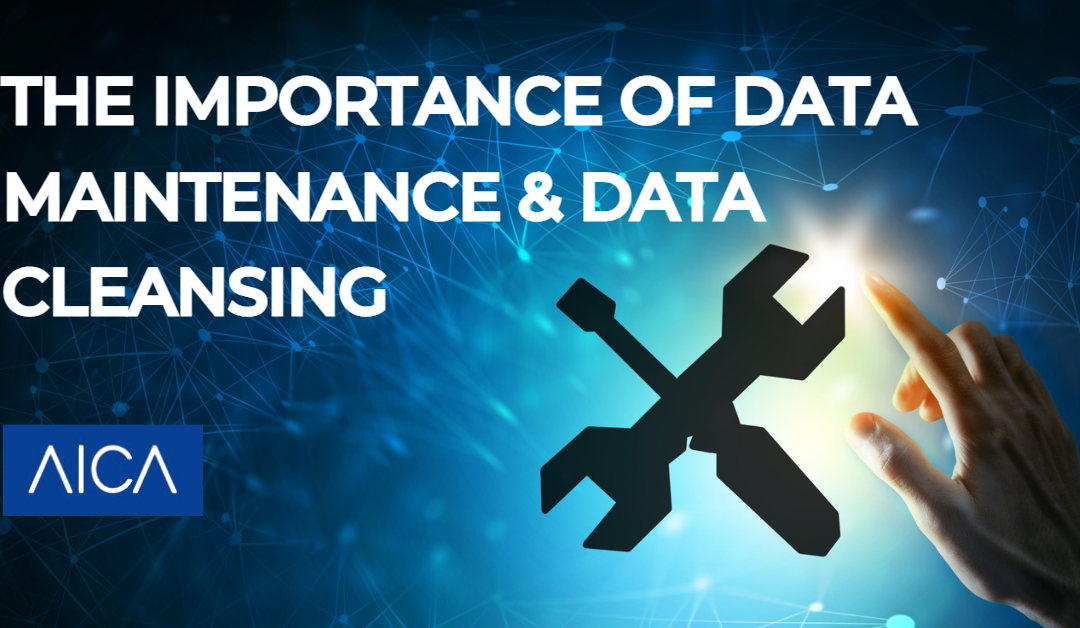
In today’s data-driven world, the importance of maintaining accurate and up-to-date information cannot be overstated. This is where data maintenance and data cleansing come into play. Data maintenance involves monitoring and managing data to ensure its accuracy, completeness, and relevance, while data cleansing refers to the process of identifying and correcting inaccurate, incomplete, or irrelevant […]
-
How Missing Product Attributes Can Lead To Loss Of Sales

Missing product attributes, such as size, color, or material, can have a significant impact on a business’s sales. This is because customers rely on these attributes to make informed purchasing decisions. Without them, potential buyers may become confused or uncertain about a product, leading to a loss of sales. This article will showcase three of […]
-
Maximising Efficiency and Accuracy with AICA’s Product Data Solutions

In the digital age, product data plays a crucial role in the success of any organisation. From procurement and tenders to search engine optimisation, accurate and up-to-date product data is essential. Unfortunately, maintaining product data can be a time-consuming and costly process, especially as it inevitably becomes dirty over time due to manual input error, […]
-
The Cost of Downtime in Maintenance Management
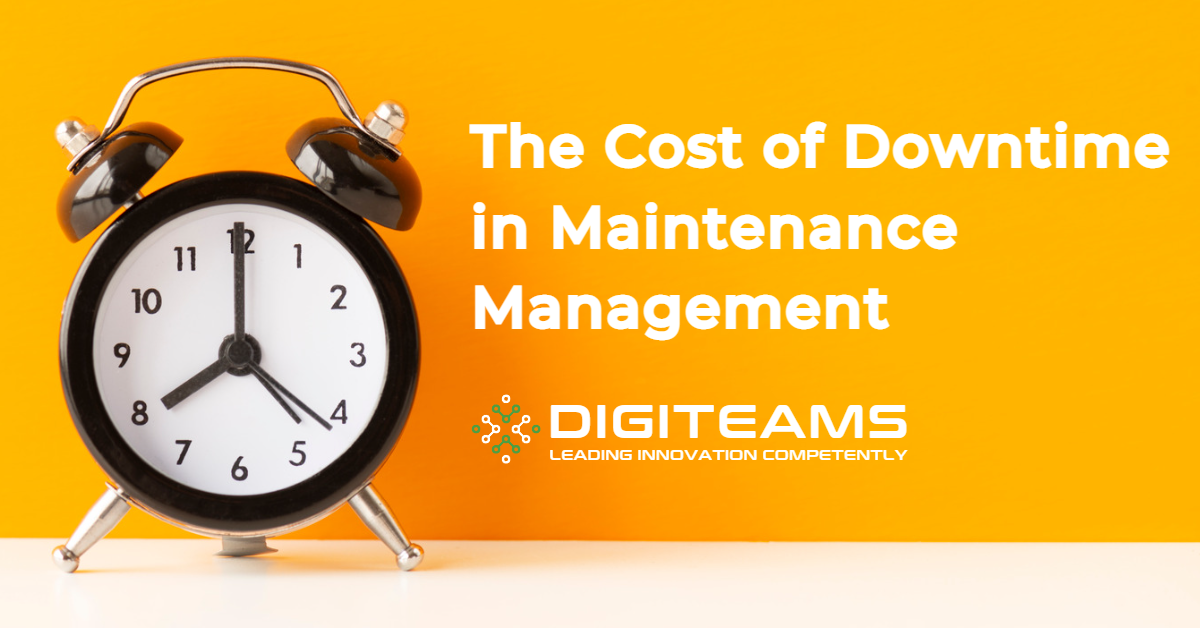
Maintaining machinery is a critical part of any successful business. However, ensuring that machines are running at optimal efficiency can be challenging due to the availability of spare parts. Without the right parts available at the right time, downtime events can occur, leading to decreased production and increased costs. In this article, we will discuss […]
-
The Importance of Clean Data for Effective Inventory Management
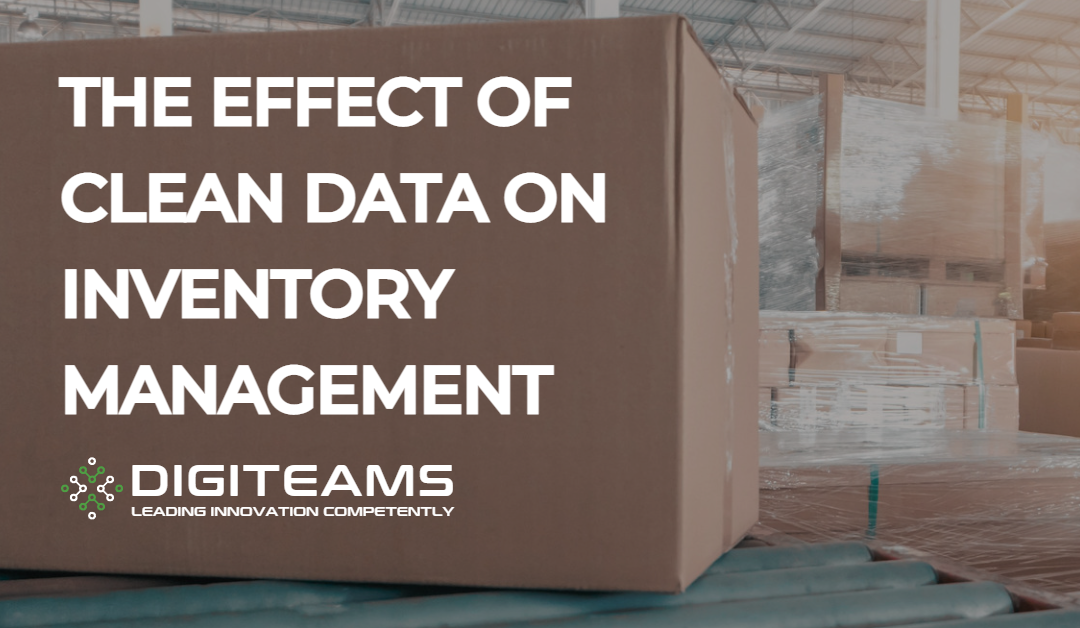
In today’s data-driven world, organisations rely heavily on data to make informed decisions. This is especially true for businesses with large quantities of inventory, such as retailers and manufacturers. Accurate and up-to-date data on product attributes and inventory levels is critical to effective inventory management. In this article, we will discuss why it is important […]
-
The Importance Of Parameters And Observations In Data Cleansing
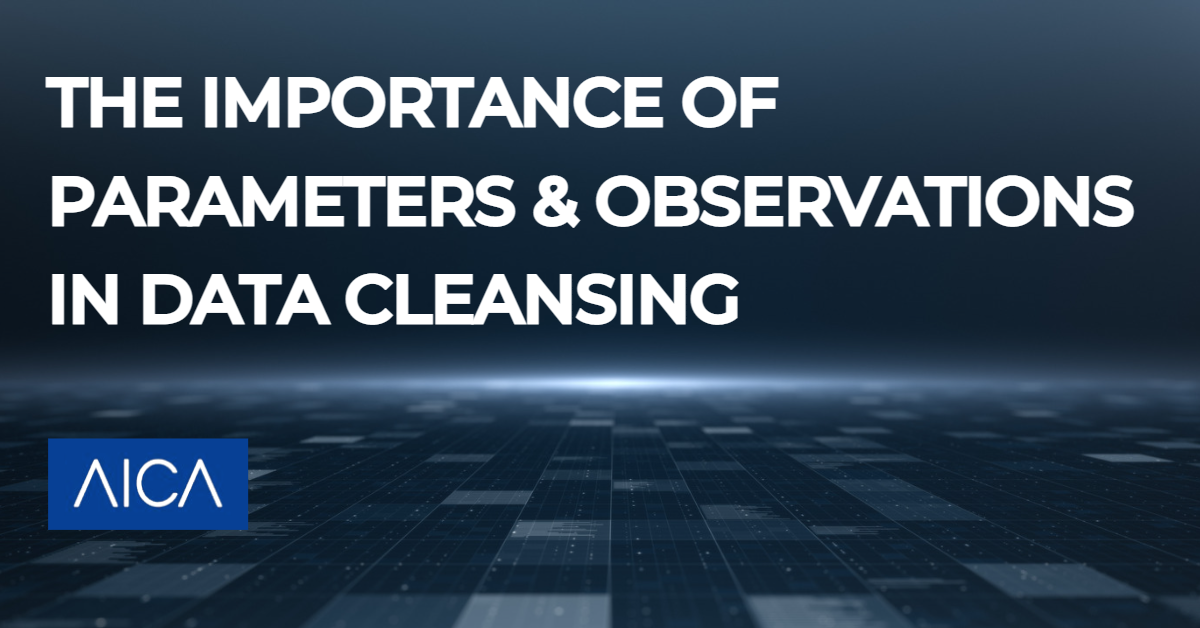
Machine learning is the most powerful tool for data cleansing and enrichment, and AICA’s platform is at the forefront of this technology. One of the key aspects of machine learning models is the sheer amount of data that is used to train and improve its capabilities. In particular, the number of parameters and observations used […]
-
The Dangers of Dirty Data in Supply Chain Management
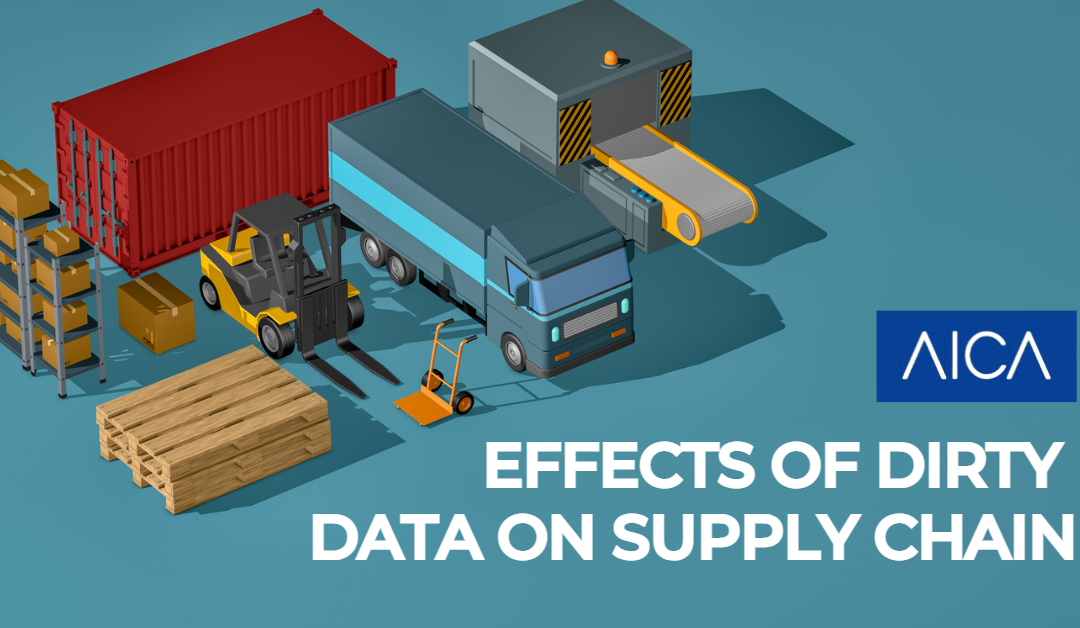
In today’s data-driven world, data is critical to the success of any business. Supply chain management is no exception. With the increasing complexity of global supply chains, it is essential to have accurate and reliable data to ensure efficient operations. However, dirty data can have severe consequences for supply chain management. In this article, we […]
-
Knowledge Graphs and How They Can Be Used
What Is A Knowledge Graph ?A knowledge graph is a data structure that maps the relationships between sets of data in a network. A knowledge graph is made up of nodes and edges, where each node can belong to one or more subgraphs. Nodes are typically nouns or entities (people, places, things) that have some […]
